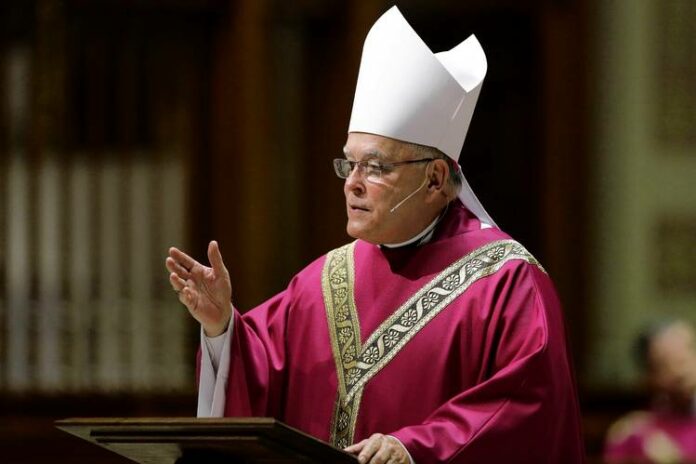Pope Francis has the habit, by now well established, of saying things that leave listeners confused and hoping he meant something other than what he actually said.
At the end of his recent trip to Singapore, the pope left his prepared remarks for an interreligious group of young people and offered some general reflections about religion. Since his comments were extemporaneous, they naturally lacked the precision that a prepared text would normally possess, and so hopefully what he said is not quite what he meant.
According to news reports, Pope Francis suggested that, “[Religions] are like different languages in order to arrive at God, but God is God for all. Since God is God for all, then we are all children of God.” He went on to say, “If you start to fight, ‘my religion is more important than yours, mine is true and yours isn’t,’ where will that lead us? There’s only one God, and each of us has a language to arrive at God. Some are Sikh, Muslim, Hindu, Christian, and they are different paths [to God].” The Holy Father’s positive intent here was obvious.
Francis then added a call to enter into interreligious dialogue. He spoke about dialogue as if it were an end in itself. “Interreligious dialogue,” he said, “is something that creates a path.” The question then is: a path to where?
That all religions have equal weight is an extraordinarily flawed idea for the Successor of Peter to appear to support. It is true that all of the great religions express a human yearning—often with beauty and wisdom—for something more than this life. Humans have a need to worship. That desire seems to be hardwired into our DNA. But not all religions are equal in their content or consequences. Substantial differences exist among the religions the pope named. They have very different notions of who God is and what that implies for the nature of the human person and society. As St. Paul preached two thousand years ago, the search for God can take many imperfect forms, but they are each an imperfect search for the one, true, triune God of Sacred Scripture. Paul condemns false religions and preaches Jesus Christ as the reality and fulfillment of the unknown God whom the Greeks worship (Acts 17:22–31).
Simply put: Not all religions seek the same God, and some religions are both wrong and potentially dangerous, materially and spiritually.
Read it all in First Things
Charles J. Chaput, O.F.M. Cap., is the archbishop emeritus of Philadelphia.



